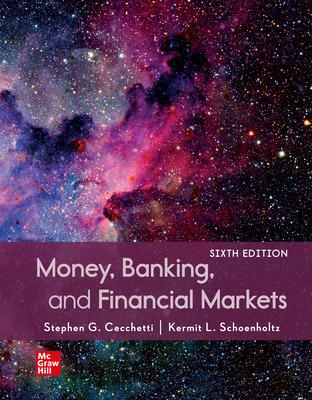Central banks can intervene in foreign exchange markets. a. When they do, it affects their balance sheet
Question:
Central banks can intervene in foreign exchange markets.
a. When they do, it affects their balance sheet in the same way as an open market operation.
b. When reserves in the domestic banking system are scarce, foreign exchange intervention affects the exchange rate by changing domestic interest rates. This is called unsterilized intervention.
c. When reserves in the domestic banking system are abundant, foreign exchange intervention can influence the exchange rate by shifting the supply of domestic currency, but there are limits. Policymakers wishing to drive the value of their currency up (an appreciation) can run out of foreign assets to sell, while those desiring to drive the value of their currency down (a depreciation) may need to do so on a very large scale, risking a political reaction as their balance sheet grows.
d. A sterilized intervention is a purchase or sale of foreign exchange reserves that leaves the central bank’s total liabilities unchanged. It has no lasting impact on the exchange rate in a deep, well-functioning currency market.
Step by Step Answer:

Money Banking And Financial Markets
ISBN: 9781260226782
6th Edition
Authors: Stephen Cecchetti, Kermit Schoenholtz





